SEO acronym for Search Engine Optimization, is not everyone's cup of tea. Furthermore, most marketers are busy answering search engines and resolving that fundamental query. That problem solving or answering is important as search engines can only give results; humans have to read the web pages to find the one that is most apt for them. The content is presented in such a way and structure that depicts its significance. That, in turn, becomes the relevancy variable for search engine optimization giving practical outcomes.
However, no one knows the correct search engine algorithm that assesses the available content and ranks them by raising their position in search results. Furthermore, things are now more advanced than simple keyword stuffing and meta tags. Knowing the better methods to enhance your materials’ overall performance can bring more relativity to your work for search results.
Apart from that, both On-Page and Off-Page SEO are equally important. However, today, we’ll focus on a few on-page improvements and tips that you can apply to go beyond your existing state. It’s true that keywords play a crucial role in reaching the demographics of that target keyphrase. Moreover, all SEOs think about placing them in vital areas of their content. But there’s more to on-page optimization that we’ll learn in this article.
Entities

Changing to a more entity-centric attitude is one of the best ways to get away from the keyword framework. If you are trying to optimize the site for the term “ loan EMI calculator,” for instance, you may use tools like IBM Watson or Google Natural Language. This way, the tools would remove the excessive use of the keywords and replace them with more related terms across the page.
Additionally, you can strategically incorporate common subjects and themes after you examine rival pages with more of an entity perspective. This is an effective way to create your own grounds that cover several things comprehensively rather than targeting a keyword and counting its density.
E-A-T

Another one of the greatest ways to enrich your on-page optimization is this concept of E-A-T — expertise, authoritativeness, and trustworthiness. Here, you take the example of the author's biographies. It’s an effective way to improve the expertise of your site content just by looking at some well-structured pieces of content. The biographies give you a plan on how you can highlight your years of experience, expertise, and leadership through your content and website. This uniqueness raises relativity to both Google and its users.
Additionally, another on-page optimization tip is the concept of information gain scores. Google's algorithm looks to reward the content that adds to the search results and doesn't repeat the pre-existing material. Now consider how you might take advantage of this idea of information gain scores by utilizing your own distinctive skills, data, and insights.
Freshness

This idea of freshness is another tactic that is incredibly underappreciated. If you update timestamps or refresh material, factors including rankings, visibility, and traffic all noticeably improve. Furthermore, it will make sense if you follow the latest trends compatible with your site and content. But it can all fall back as it's difficult for Google to believe that the information is genuinely correct if it thinks the content is out-of-date.
Google is pushing live blog posting-style URLs to be included in top headlines. To create the expectation that consumers can find real-time information on Google instead of any other platform, it's trying to provide incentives for publishers to update their content in real-time.
Historical Competitor Changes

Living in the present is the best practice, but going into the past for some circumstantial growth is okay too. Many SEO Analysts focus on what their competitor is doing. However, it is equally essential to tell the audience how they reached there and how they have changed their on-page optimizations. To evaluate the chronological growth of a site, check a competitor that has hit good ranks recently. Then take that page and run it in the Wayback Machine, a tool that traces all the changes made in that page or material.
After that, you’ll get an analysis of what on-page changes have been made over time. In addition, it shows what materials have been added. What are they keeping the same, and what are they removing? And it can enable you to more clearly identify the most significant on-page adjustments that rivals have done.
Using a text differentiation compare tool is another excellent tactic to check further and analyze deeper. Compare an older version of a text to the current one and then compare the results.
Keyword Segmentation

Keyword Segmentation is the process of swiftly and efficiently grouping a huge set of keywords into smaller groups of closely related phrases known as segments.
The final aspect of advanced on-page SEO is keyword segmentation. In Google Analytics, marketers usually and regularly separate their traffic data, but they don't segment the keyword data in the same way. Hence, whenever you perform any on-page optimization, construct keyword segments by utilizing tools like STAT. You can look over the pages that rank well with the aid of keyword segmentation. Furthermore, it provides insight that points you on the appropriate path when it comes to planning your SEO-friendly content.
With that, our tips for advanced on-page SEO optimization ends. We hope you find the above information helpful. Furthermore, its applicant can help you achieve goals that might be very challenging.
Suggested Read:
- Content Marketing Strategy - Ultimate Guide
- Amazon SEO: How to Rank your Products on Amazon
- Link Building: The Free SEO Beginner's Guide
Follow What’s New Dawg for the latest How to, tech guide, movies, and more, also keep up with us on Facebook, Twitter & Instagram.



